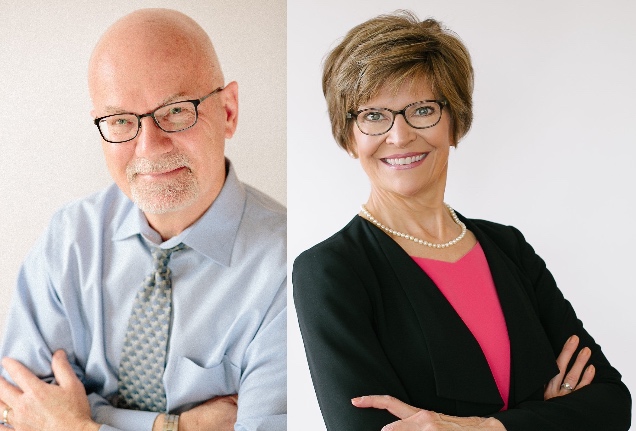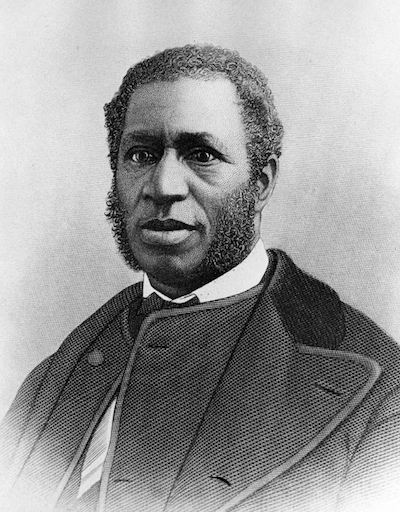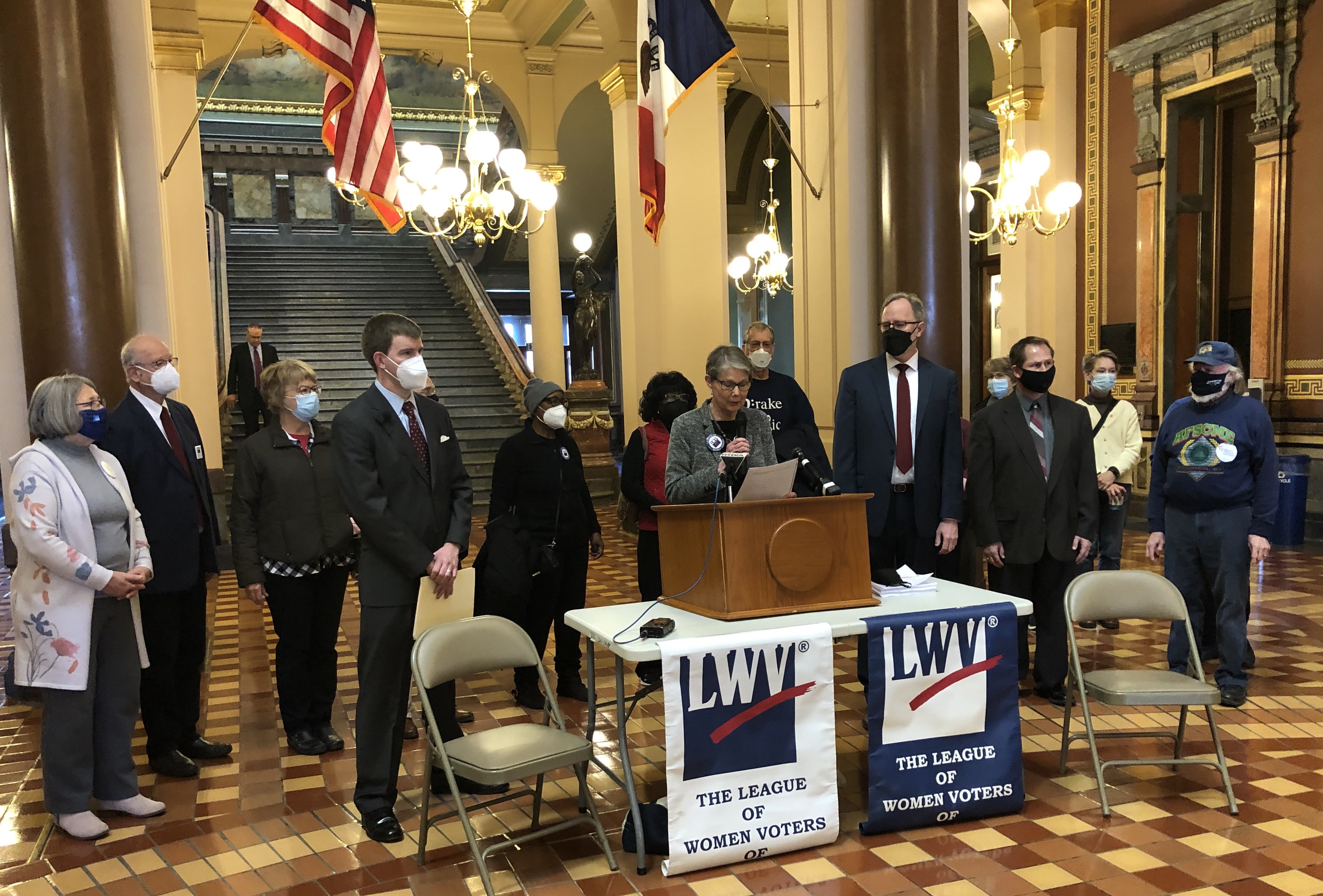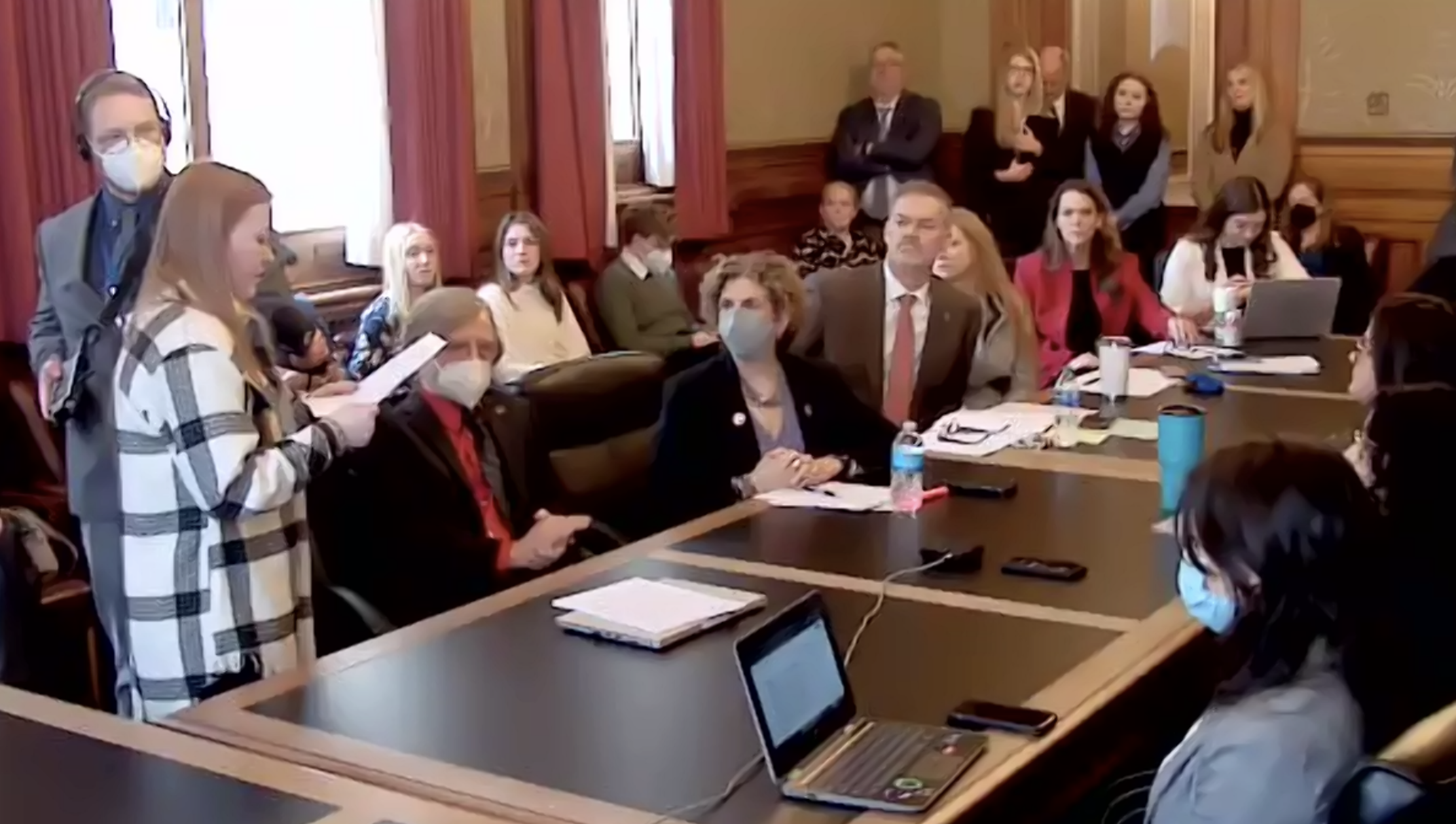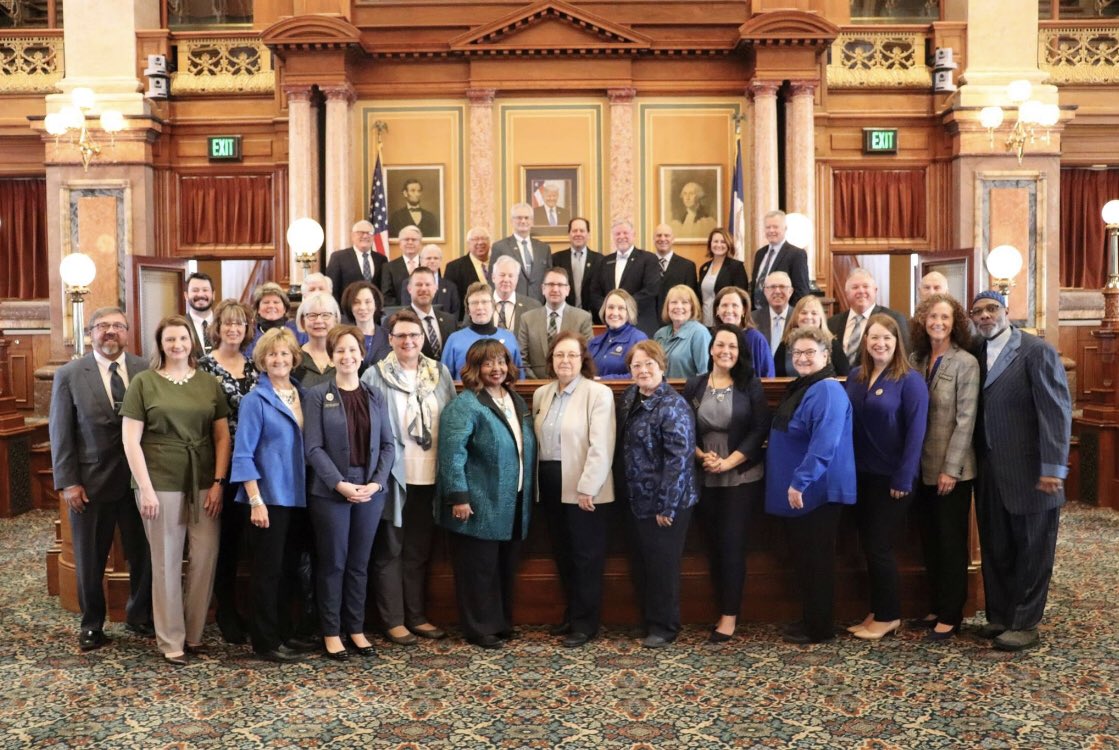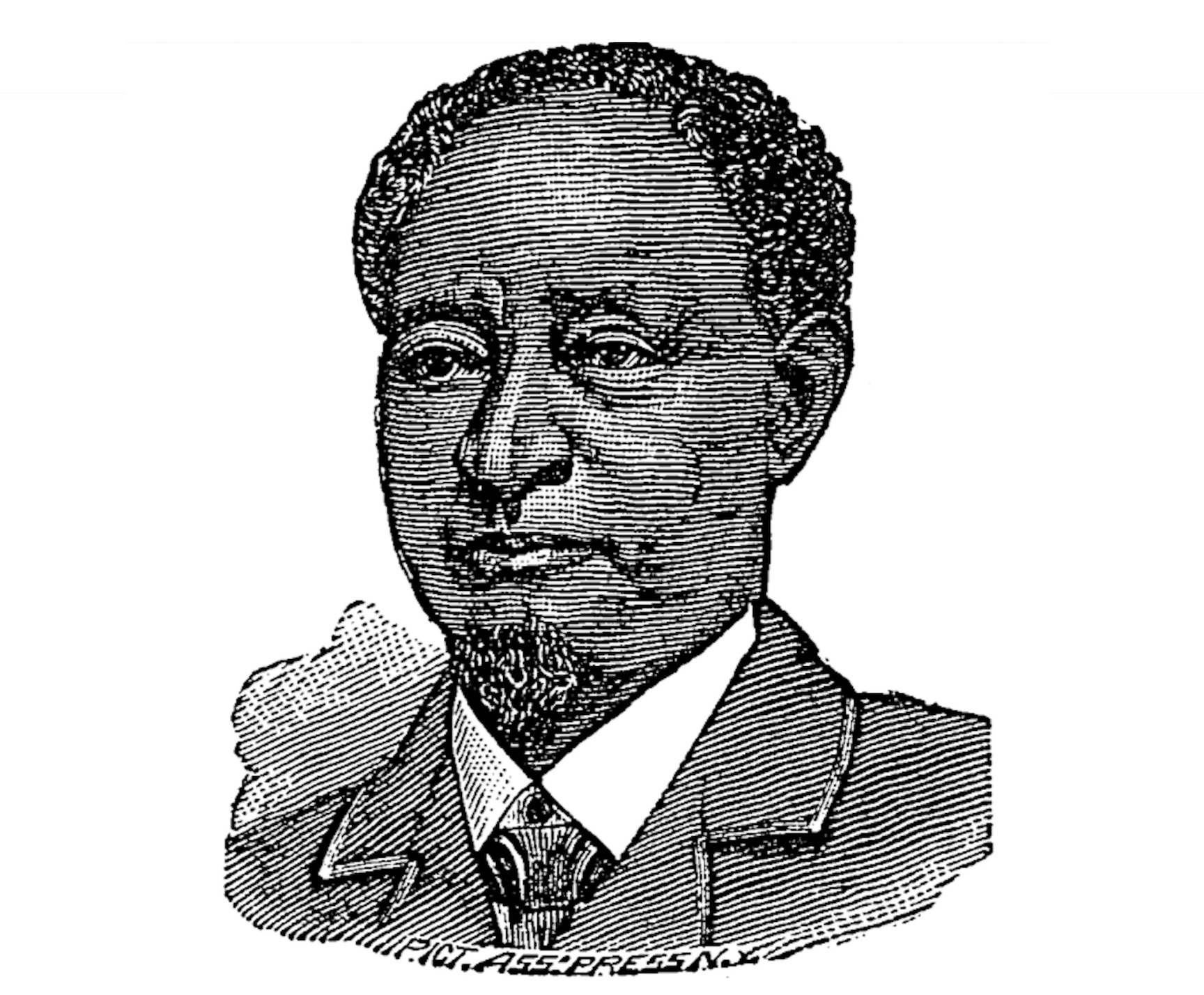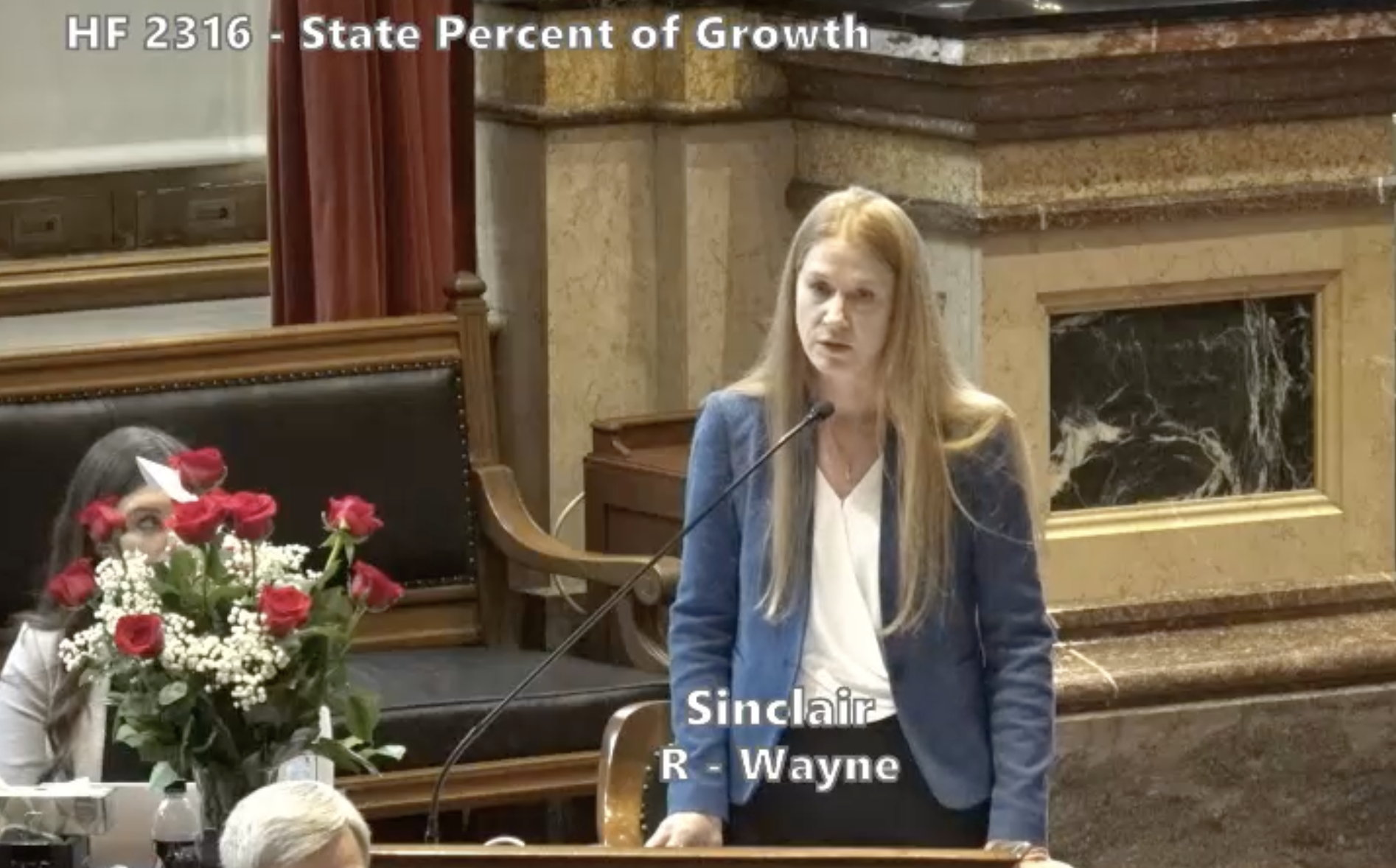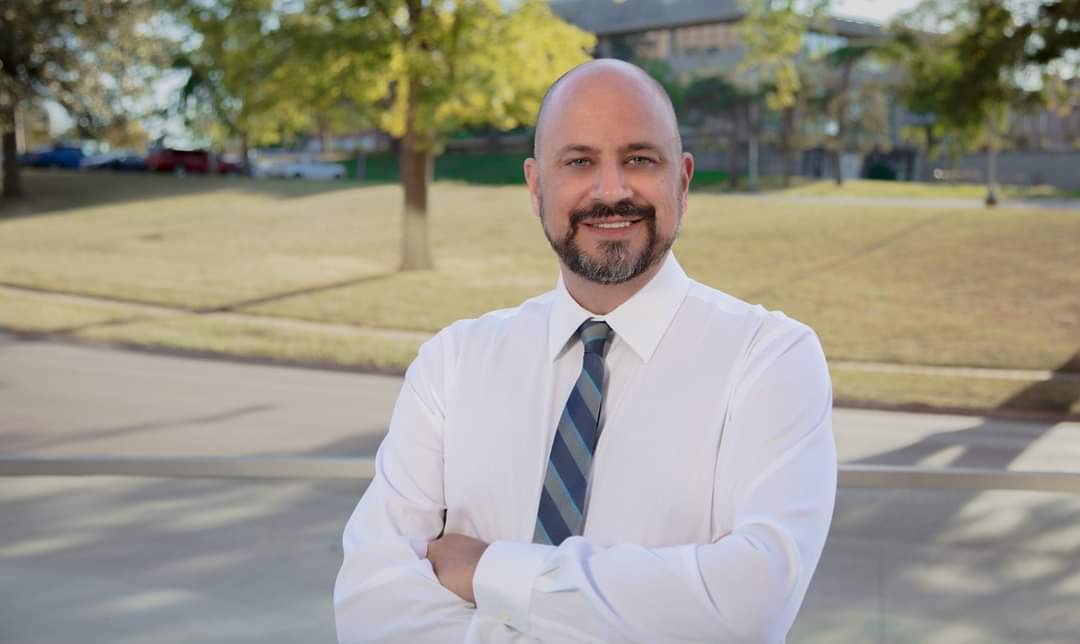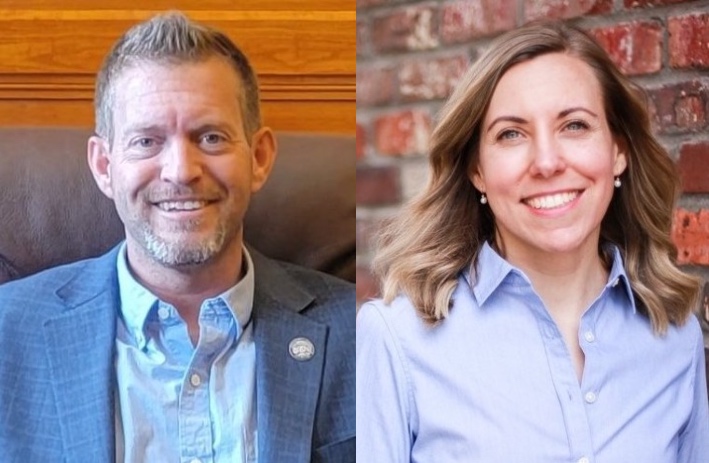Kurt Meyer writes a weekly column for the Nora Springs – Rockford Register, where this essay first appeared. He serves as chair of the executive committee (the equivalent of board chair) of Americans for Democratic Action, America’s most experienced liberal organization.
“Instructors demonstrated how to stand, move, and approach an attacker, as well as fight or defend themselves with their hands, elbows, palms, knees, feet, and shins. Some techniques are standard, like a punch to the face. Others are new, like raking an attacker’s face with your nails.”
Those sentences are not about a martial arts class or training for bodyguards. This was a newspaper article describing a voluntary, four-hour course available to flight attendants, which noted, may interest those
“looking for more tools to protect themselves from aggressive, out-of-control passengers. Flight attendants wince at the mention of gouging an attacker’s eyes. ‘Remember, this guy is attacking you,’ the air marshal said, encouraging the class to keep their warrior mind-set.”
So, this is what it’s come to? A warrior mind-set among airline employees? What ever happened to “fly the friendly skies”?
Continue Reading...

